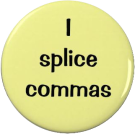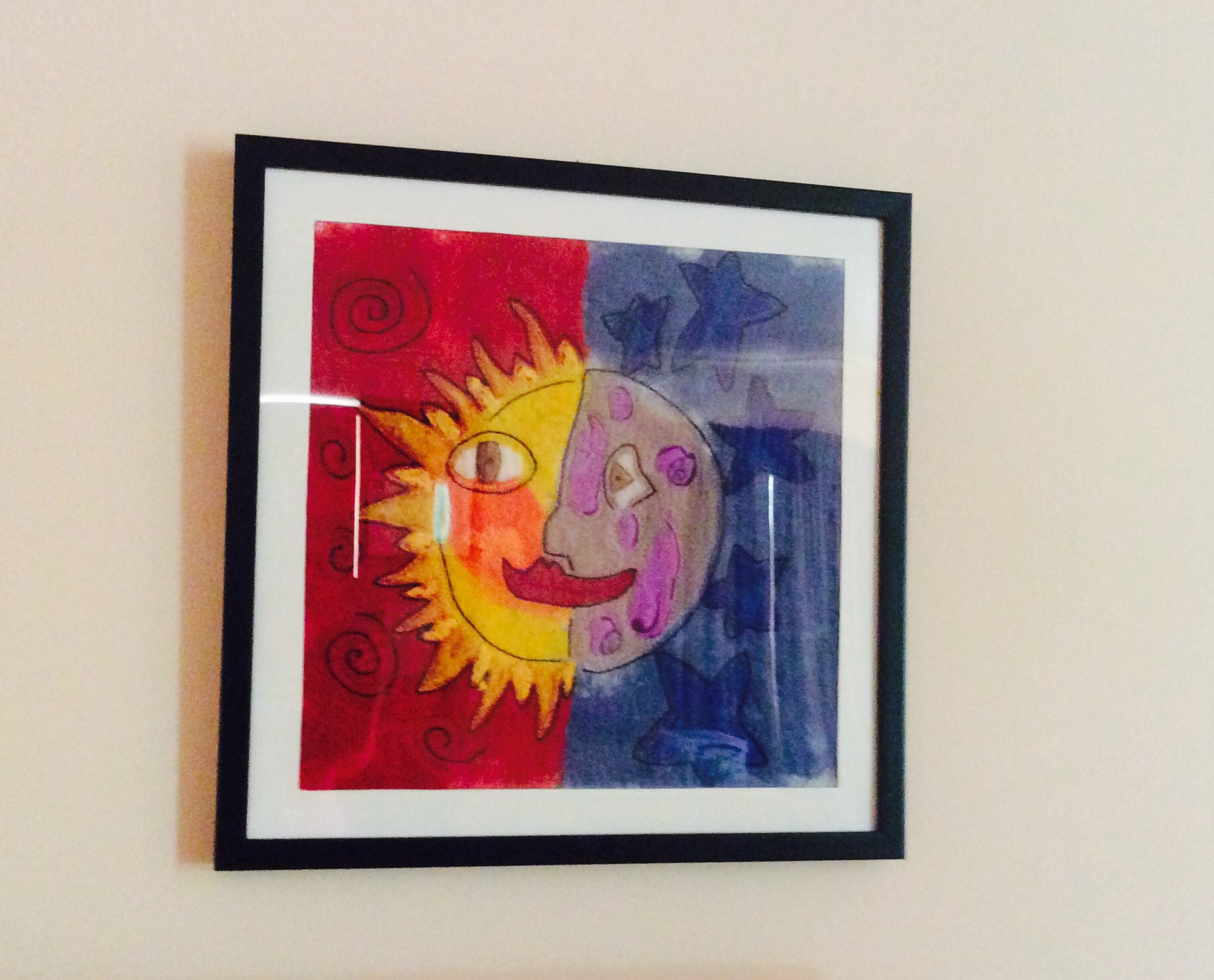The craft of crochet is fundamentally the same, but the stitch names are different in the UK and the US. The same stitches have different names. A single crochet (sc) in America is a double crochet (dc) in England. You have to be very aware of the origin of your pattern before you start.
And knitting comes in English and Continental style flavours. The same fundamental concept, just that you hold the yarn and needles differently.
Same same, but different
Regional writing differences
At a previous workplace I worked in a team of writers, one of whom was an American who was travelling through Australia. It constantly surprised me that, although we were very similar in many ways, we were also very different. It was so subtle as to be unnoticeable, but then it would hit you like a sledgehammer when a difference cropped up.
Little things like idioms and slang. I remember a funny day we had to urban-dictionary “tweaking” - who knew it was a drug reference!
One day she was peer-reviewing something I wrote and she sent me this in an email:
We had a good laugh about it. I can’t remember the exact sentence but we worked for a software company, so complex, noun-heavy phrases were difficult to avoid.
Go with your gut but remember your audience
I stuck to my guns and said that my spliced comma should stand. Luckily my Aussie colleague backed me up. I was taught in school to use a comma in long sentences where you would naturally take a breath if you were speaking. I have since learned that some Americans are very anti- comma splicing.
I’m not going to debate grammar rules here, but I learnt two things: stand up for what you believe in, and go with your gut (but remember your audience).
My Aussie colleague would confidently tell me that she would often end sentences with a preposition so long as it felt right. Our audience was primarily Australian so these decisions were acceptable.
I have always been of the belief that as a tech writer:
You’re allowed to break the rules so long as you understand what rule you’re breaking
And it’s all about effective communication of information to your audience.
You do what feels natural and it all comes back to your audience, or in the craft sense, what is right for the project.
Takeaways
- Always peer review - editing is a Good Thing
- Don’t be sensitive
- Be open to other ideas of “correctness”
- Remember regional differences
- Discuss with colleagues, get consensus then be consistent



